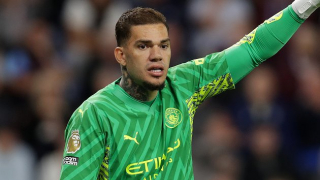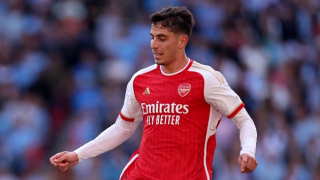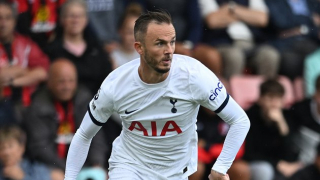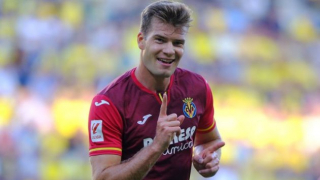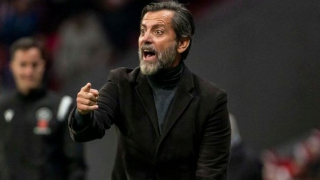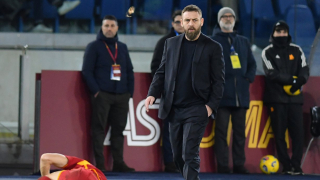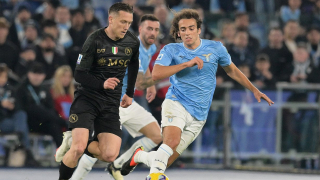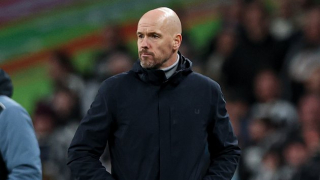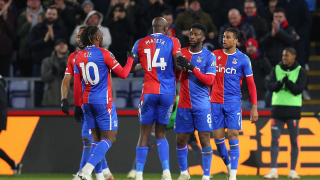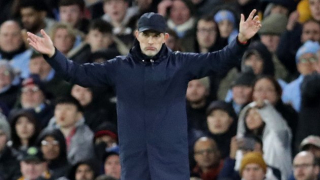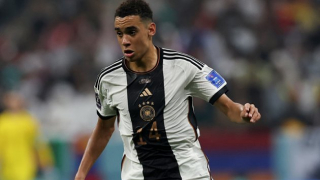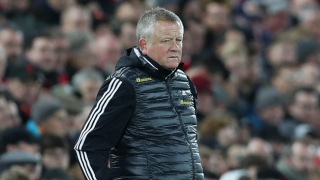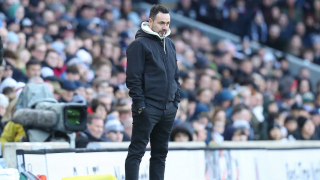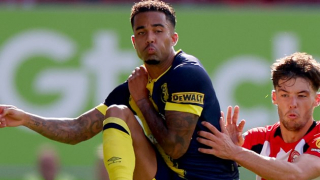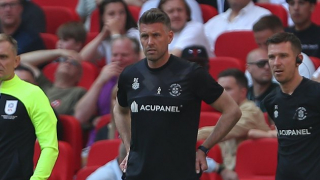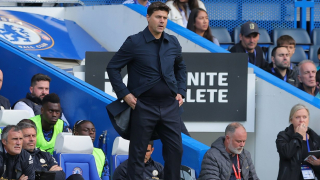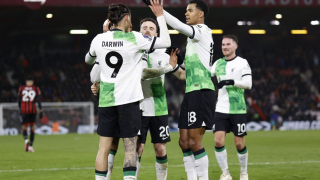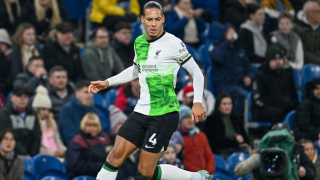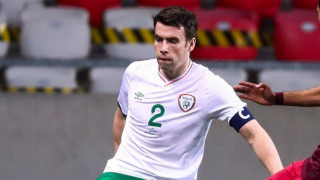COMMENT: As has become customary in modern football, coaches usually take the fall for teams' failures. This was the case for Chris Hughton (65), who was relieved of his duties as head coach of Ghana's Black Stars following their elimination from the 2023 Africa Cup of Nations (AFCON) in the first round.
The truth is, it had been coming. The lack of excitement in games and the inability to defend or score left a sour taste in the mouths of many Ghanaians. Four wins in 13 games is shambolic, and as a result, Hughton had to go. His body language at the post-match press conference after the Mozambique game looked like a coach who had accepted his fate.
“I am responsible for the result and performance," Hughton told the media. It wasn't the first time the coach was saying such words. After Ghana's humiliating 4-0 defeat to the USA, he said the same. His job came under fire after that result and he has been under pressure since.
The feeling was that Hughton needed a very good showing in Ivory Coast to win the trust of the Ghana Football Association (GFA). However, that wasn't the case as the Black Stars have once again been knocked out of the group stages of the AFCON.
A sinking giant
Ghana is just not as good as it used to be again, that's widely accepted by now. What keeps on surprising people is how bad the team has become. Under the new AFCON format with 24 teams, it is extremely difficult not to make it out of the group. But the Black Stars have made a habit of failing to win a game in the last two tournaments.
In both situations, three points were all that were required to make it to the next stage but Ghana fell short. It's difficult to picture that perhaps this is the new level of a country that has won AFCON four times.
The danger about the nature of Ghana's fall is that it has been coming. After the team reached the semi-final of the AFCON in 2017, it's been the round of 16 and then two group stage exits. The national team's failure cannot be viewed as a standalone or a rare occasion that can be pardoned.
The performance, result, and effect suggest that perhaps this is a true reflection of how Ghanaian football has fallen. The problem goes beyond the senior team as the country has barely seen any success at all levels in the past two years. Ghana also exited the group stages at the 2022 World Cup, 2022 African Nations Championship, and 2023 U23 AFCON.
The youth teams that have for a while been a conveyor belt for the national team are also struggling on the continent. It is an alarming period for Ghanaian football especially because the fall has come at a time when a number of lower-ranked African countries are making investments in the sport. As a result, Ghana's fall is twice as hard.
A problem beyond the coach
In the past four years, Ghana has appointed four coaches. None of those coaches has managed more than 13 games. We've been here before where after a poor tournament, the coach is fired. Milovan Rajevac was shown the exit door after the disaster at the 2021 AFCON. Otto Addo was brought in to help qualify the country to the World Cup, which he did, but resigned immediately after the competition. This time, it's Hughton who has lost his job as head coach after another disappointing AFCON.
The decision to part ways with each coach was justified because the performance and results under each were very underwhelming. None of the coaches had a win rate close to 50%. Otto Addo who had the highest had a 42% win rate which is still below par.
But the issue now is despite changing coaches three times, similar problems prevail. This shows more needs to be done in terms of addressing the team issues. The structure, culture, and management of the team need to be also looked at.
Where is the Black Stars management committee in all this? A team that is supposed to ensure everything is well run whilst also providing direction. Is the GFA doing enough to provide the best working environment for the coaches to work with a sound mind? Are the technical workers being paid on time so they stay motivated?
These are questions that need to be addressed.
Where to next for Ghana?
The problems are deeply rooted. Some of them will take time to solve, while others can be immediate. Whatever the case, change is required now.
First, Ghanaians deserve an apology for witnessing two consecutive shambolic performances at the AFCON. The GFA needs to do a serious inquiry into the two tournaments, analysing what went wrong from a technical and management point of view so they can share this with the fans.
That way, people will have the confidence that the country has truly learned from previous errors. Additionally, enough of wanting to reap what we haven't sown. In no world should the GFA president Kurt Okraku be telling the team he expects the AFCON trophy when we've not taken the necessary steps to ensure that the team is in the best condition to do so.
Some of Ghana's best footballing years have come from trusting the youth and it's time the leaders prioritised youth systems starting at the grassroots. There should be a strong link between the U17, U20, U23, and the senior team so the best players have a pathway to progress - similar to what Senegal is doing.
The country also needs to be deliberate regarding scouting and squad planning. For a while now, Gideon Mensah and Baba Rahman have been the go-to left-backs. With the latter's preference to prioritise his health and focus on club football, what's the succession plan?
Daniel Kofi-Kyereh has been injured for almost a year and Thomas Partey's injury issues have been well documented for some time so it was surprising to see Majeed Ashimeru was the only number 8 selected especially for a team that plays a 4-2-3-1. Ashimeru, who had not started a competitive game this season for Anderlecht because he was struggling with injury, was now forced to play three games in a week. You don't need to be a soothsayer to see that would have ended in disaster.
Richard Ofori, a third-choice goalkeeper at Orlando Pirates, has barely played any minutes but he comes to Ghana and is the starter in the continent's biggest competition. A lot of these decisions highlighted a lack of squad planning and building. That's one thing that needs to change.
Whoever the next coach of Ghana is has a big task at hand. The coach must have a big voice, an undisputable reputation, and a free hand to reset the culture of the national team. Given the large pool of young players currently coming in, the team should rise again once Ghana gets a decent coach and players get their chance by merit in a healthy environment.

